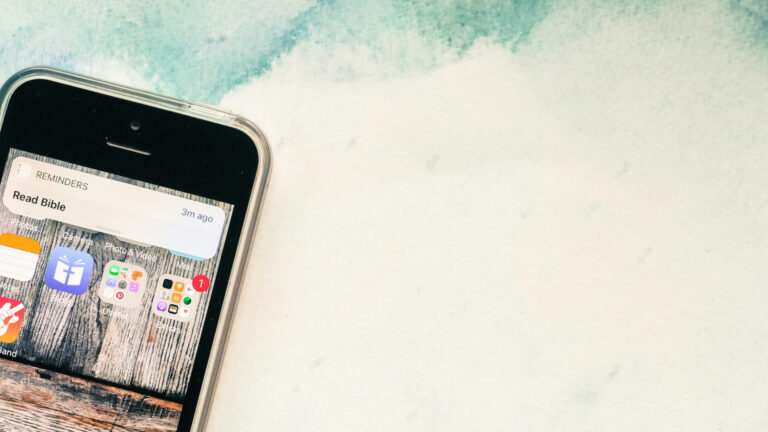It was Christmastime. I was 19, back at home for the first time after having moved to Romania several months before. On that first night, as I unpacked my bags and got ready for bed, I was thirsty. So I walked downstairs, opened the cupboard, took out a glass, and went to the refrigerator where, in seconds, I had filtered water and ice. I still remember where I was on the staircase, as I walked back to my room, marveling at how quickly I had just gotten a glass of drinkable water.
In the months leading up to that moment, water had been a continual preoccupation. I couldn’t drink from the tap—only bottled—and on my university campus in Romania, we only had hot water at scheduled times throughout the day (and even that was spotty). In the village I lived in on the weekends, our house had no indoor plumbing at all. We had an outhouse, and to wash our hands, we had to use the hose connected to the well. One had to plan to have a bottle of drinkable water in case it was necessary.
I had never considered the blessing of easily obtainable drinking water until that night I got back home. And in my wonder at the glass I held in my hand, I felt a tremendous sense of joy.
Happiness and Humility
It is impossible to be happy without humility. Unless we have a true sense of our insignificance in the wider scheme of things, unless we experience gratitude for the small blessings in life—the little graces that bring joy precisely because they are unearned and undeserved, we will never know joy.
The more towering the façade of our own importance, the more shrunken is our capacity for happiness. Entitlement destroys the virtue best equipped to bring happiness—gratitude.
Great Humbling
Right now, the world is experiencing a great humbling. All of the greatest and most powerful leaders and nations, including economies that just weeks ago were seeing unprecedented gains, have now ground to a halt. With supply chains disrupted, churches meeting virtually, hospitals bracing for large numbers of new cases, and grocery stores emptied of certain foods and necessities (toilet paper!), we feel the precarious nature of our predicament.
Rich Mullins once wrote a song about how easily a relationship can break down —“We are not as strong as we think we are.” That refrain applies to so much of life, not just relationships. No one is immune to disruption. No one is immune to death. War, famine, and plague—the three terrors of human history may be kept at bay for a time, but they are never as far off as we’d like to think.
When you look at the numbers, whether the skyrocketing cases or the plummeting stocks, you might be tempted to despair—to worry about you and your loved ones, or to fear a greater economic depression than the one that came nearly a century ago. All across the world, an invisible threat has brought mighty people to their knees, but here—on our knees—we are best prepared to lift our eyes to the heavens and wait for the goodness and grace of God.
Possibility for Happiness
No doubt we are being humbled. But in this humbling lie the resources for happiness. The virtue of humility, which leads us to acknowledge our weakness and interdependence, offers a different perspective. Being humbled chips away at our sense of entitlement, and in the end helps us to no longer take for granted what just yesterday we assumed was always available.
The only meat we found in the store last weekend was pork, and although our family has made BBQ in the crockpot countless times, last week’s pork somehow tasted better. Was it the recipe? No. Simply knowing we may not have had meat at all last week made that barbecue sandwich taste all the more delicious.
We are accustomed to state-of-the-art health care, to the point people on both sides of the political aisle have begun speaking of doctors’ appointments and medical treatment as a “right,” not a “privilege.” Yet with the possibility of a shortage in medical supplies, beds, and ventilators, our entitled attitudes won’t guarantee we get attention when we want it. Perhaps down the road, when the circumstances are more ordinary, whenever we need medical attention, we’ll look at the people who serve in our medical system, flawed as it may be, with an increased sense of wonder and gratitude.
It may be weeks before your church is able to meet again in person. Yes, we can make use of technology to “keep in touch,” but it’s precisely the touch that is missing. “Though I have many things to write to you, I don’t want to use paper and ink,” the apostle John wrote. “Instead, I hope to come to you and talk face to face so that our joy may be complete” (2 John 12).
For decades, we’ve seen a decline in frequency of church attendance. Perhaps being humbled—being kept from gathering when everything in us hungers for corporate worship—will lead us to greater gratitude for the freedom to assemble in praise to our King. Oh that our joy would be made complete!
And what about all the other wonderful opportunities we think nothing of? Cheering from the sidelines for my son’s soccer team. Stepping into your neighbor’s home to catch up on the day. Informal hallway meetings at work. Hopping between two or three fully stocked grocery stores. A crowded Cracker Barrel breakfast on a Saturday morning. Taking the kids to Barnes and Noble where we peruse the books and games before crossing the street to a frozen yogurt for something sweet.
All these touch points represent some of the smaller blessings of life we so often take for granted. Let’s not waste this season of being kept from these joys. Instead let’s see in this great humbling the possibility for greater happiness. Let’s grow in gratitude to the Giver of all good things.

















